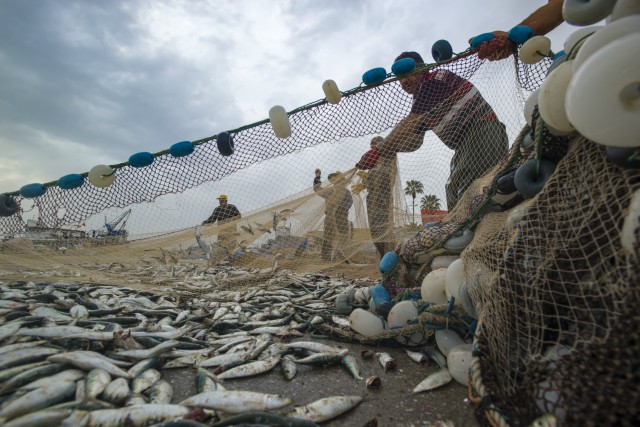Flawed recruitment practices and in particular the payment of recruitment fees by migrant workers are a major contributing factor to situations of forced labour and trafficking. Including scrutiny and analysis of recruitment regulation and enforcement in country assessments will help to draw attention to this systemic challenge and will encourage improved practice globally.
In this submission to the U.S. Department of State Office to Monitor and Combat Trafficking in Persons, we pay particular attention to the situation in Thailand, where many Thai and global businesses need the support of the Thai Government if recruitment practices are to be improved.





























The perception of ‘value’ needs to change if the World Bank’s mission is to succeed
Last week we attended the Spring Meetings of the World Bank and International Monetary Fund (IMF) in Washington, D.C. The annual IMF-World Bank meetings bring together finance ministers and central bankers from all regions as a platform for official...
26 April 2024 | Commentary
Commentary by Vasuki Shastry, Author, ESG/Strategic Communications Expert; International Advisory Council, IHRB Haley St. Dennis, Head of Just Transitions, IHRB